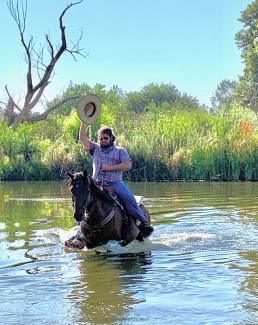
As Americans across the nation emerge from the pandemic ready to light up their grills and fireworks, it is timely to consider another holiday that worked to unify Americans in times of trouble: Pope’s Day.
On this long forgotten day, colonial Americans from Boston to Savannah marched, sang, hallooed and drank themselves silly in a ritual that bound them together as members of the British Empire. This ritual entertained — they may have even enjoyed a fireworks show — but by celebrating “liberation” from “Catholic tyranny,” it also taught British Americans to take pride in anti-Catholic discrimination.
Held on Nov. 5, Pope’s Day commemorated the failed attempt of a group of conspirators — led by Guy Fawkes, of masked mustachio fame — to blow up Westminster Palace in 1605 and thereby return England to the Catholic fold. They were caught and Fawkes was tortured. But after the Protestant King William and Queen Mary ousted England’s last Catholic monarch 83 years later, November Fifth became one of the most popular holidays in British North America. (Guy Fawkes Night is still celebrated in Britain with bonfires and fireworks.)
Read the entire essay HERE
